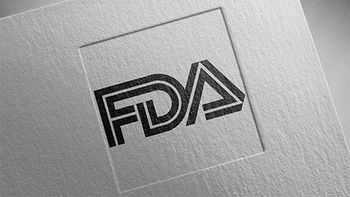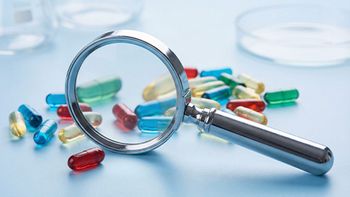
- Pharmaceutical Commerce - January/February 2010
Big 3 Wholesalers Ramp Up Services to Pharmacies & Physicians
In competing for pharmacy business, AmerisourceBergen, Cardinal Health and McKesson offer improved access to branded and generic products
The economy might be in tatters, and healthcare reform snarled in Washington, but the Big 3 wholesalers are raising the ante in their fierce competition for pharmacy and dispensing clients, especially independent pharmacies. The aggressiveness might be due, in part, to brightening financial prospects for the Big 3, each of whom announced increases in revenue for the quarter just ended, and raised their guidance for expected earnings for their 2010 fiscal years (AmerisourceBergen, 11.5% revenue increase, EPS estimate raised to $1.89-1.98, from the actual $1.69 in FY2009; Cardinal, 3% revenue increase, EPS estimate $2.08-2.18 from $1.90-2.00; McKesson, 4% revenue increase, EPS to $4.55-4.70 from $4.45-4.60).
Some of the business actions announced by the Big 3 since the beginning of the year could directly benefit branded pharma manufacturers; others, for enhanced generics supply or reimbursement, are neutral or negative. But across the board, all these distributors want to position each of themselves as the preferred trading partner for biopharma.
Portals and networks
McKesson announced a set of “manufacturer marketing solutions” to communicate branded-pharma information more expeditiously to pharmacists. These include RxBulletin and RxUpdate, which convey product information from manufacturers directly to pharmacies. RxUpdate will reach more than 5,000 independent pharmacies who are members of McKesson’s Connect communications portal.
These services join other pharmacist-based outreach, including management of patient adherence programs, pharmacist education, and preferential placement of newly launched products on pharmacy shelves.
Cardinal has a large Pharmacy Services Administrative Organization (PSAO), LeaderNet, which negotiates prescription reimbursement rates with virtually all managed care networks in the US, and has doubled the number of long-term care contracts available through it, as well as expanded types of products, such as immunizations and 90-day drug supply. The company says that an average independent pharmacy can save up to $70,000 annually through the enhanced reimbursement. Some 3,000 independent pharmacies are part of the network.
For its pharmacy clients, AmerisourceBergen is offering increased access to a PRxO Select formulary of “preferred” generics, with a type of price protection, and a new First to Shelf program to speed delivery and protect pricing of new generic introductions. A service tailored to long-term care pharmacies will provide expanded availability, and improved pricing, for LTC-favored medications, which tend to be more unit-dose packaging and IV prescriptions.
In discussing AmerisourceBergen’s quarterly results, president and CEO R. David Yost said that “We are off to a strong start for the fiscal year, demonstrating the strength of our two growth drivers—generics and specialty pharmaceuticals.”
In the specialty-pharmaceutical arena, McKesson also announced a seventh Integrated Quality (IQ) program through its group purchasing organization, Onmark. These IQ programs (the latest one is for metastatic prostate cancer; the preceding ones were for other cancers) gather information on physician therapy choices through a data-communications network called Lynx Mobile, and provides guidance to physicians on recommended therapies, with a goal of driving “evidence-based, quality patient care” nationally. PC
Articles in this issue
almost 16 years ago
Medication adherence could get an EHR boostalmost 16 years ago
Improving Outcomes Research Protocolsalmost 16 years ago
Brand Protection Technology Takes a Patient-Communication Turnalmost 16 years ago
OPINION: Will Class-Wide REMS Programs Delay New Opioid Approvals?almost 16 years ago
Bill Gates: 'Vaccines Are A Miracle'almost 16 years ago
Coming Togetheralmost 16 years ago
Agenda Set for Spring HPCLC Meetingalmost 16 years ago
Model N extends revenue management process with contract-authoring toolsNewsletter
Stay ahead in the life sciences industry with Pharmaceutical Commerce, the latest news, trends, and strategies in drug distribution, commercialization, and market access.




